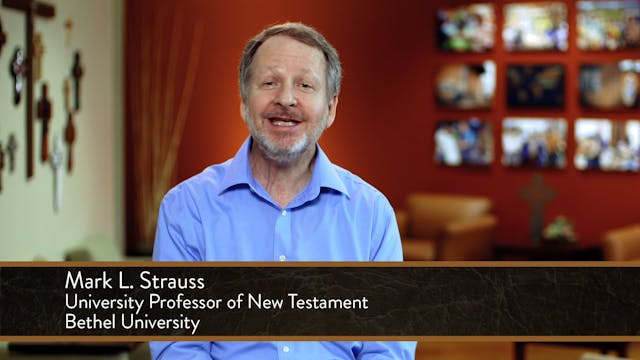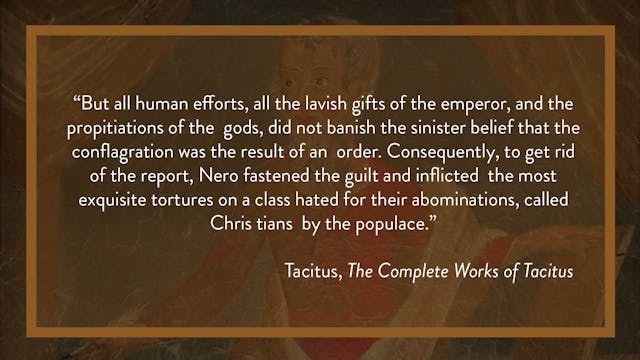BONUS: Is Mark 16:9–20 really part of the Bible?
Mark (Mark L. Strauss)
•
1m 11s
Most Bibles have a note that says “The earliest manuscripts and some other ancient witnesses do not have verses 9–20.” How did these verses get into our modern Bibles? Should they be there?
One of the most puzzling parts of Mark’s gospel is this ending, because it ends so abruptly. In our earliest manuscripts, the Gospel ends in verse 8: “Trembling and bewildered, the women went out and fled from the tomb. They said nothing to anyone, because they were afraid.” Then the book is done.
That’s a strange way to end. There is a longer ending, verses 9–20, but it’s clearly not written in Marks’ style. It uses a different vocabulary, has a different style, and contains a different theology. It’s almost certain that Mark didn’t write those last eleven verses.
So what happened? Some scholars think the last page of the original was lost. Probably a better solution is that Mark intended to end his Gospel this abruptly, because the Gospel itself is a call to respond. Just like the women, the readers of the Gospel heard the announcement of the resurrection. How are they going to respond to that announcement? With faith, or with fear?
For them and for us, the whole Gospel becomes a call to decision.
Up Next in Mark (Mark L. Strauss)
-
Mark - Session 1 - Introduction to Ma...
-
Mark - Session 2 - Author, Date, and ...
-
Mark - Session 3 - Mark 1:1



